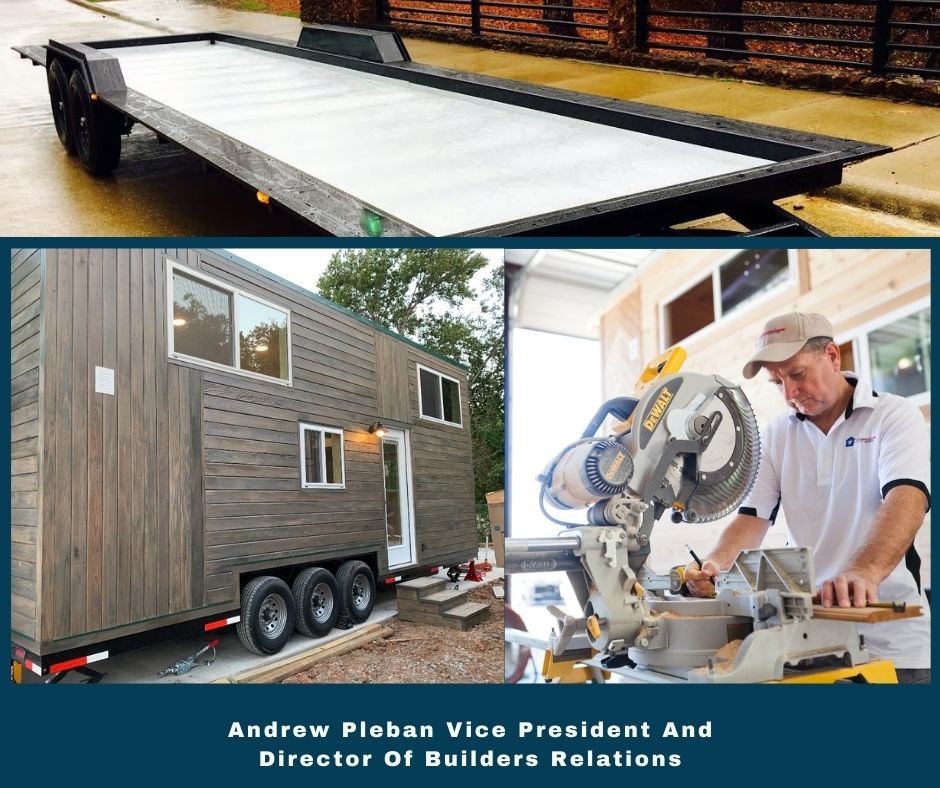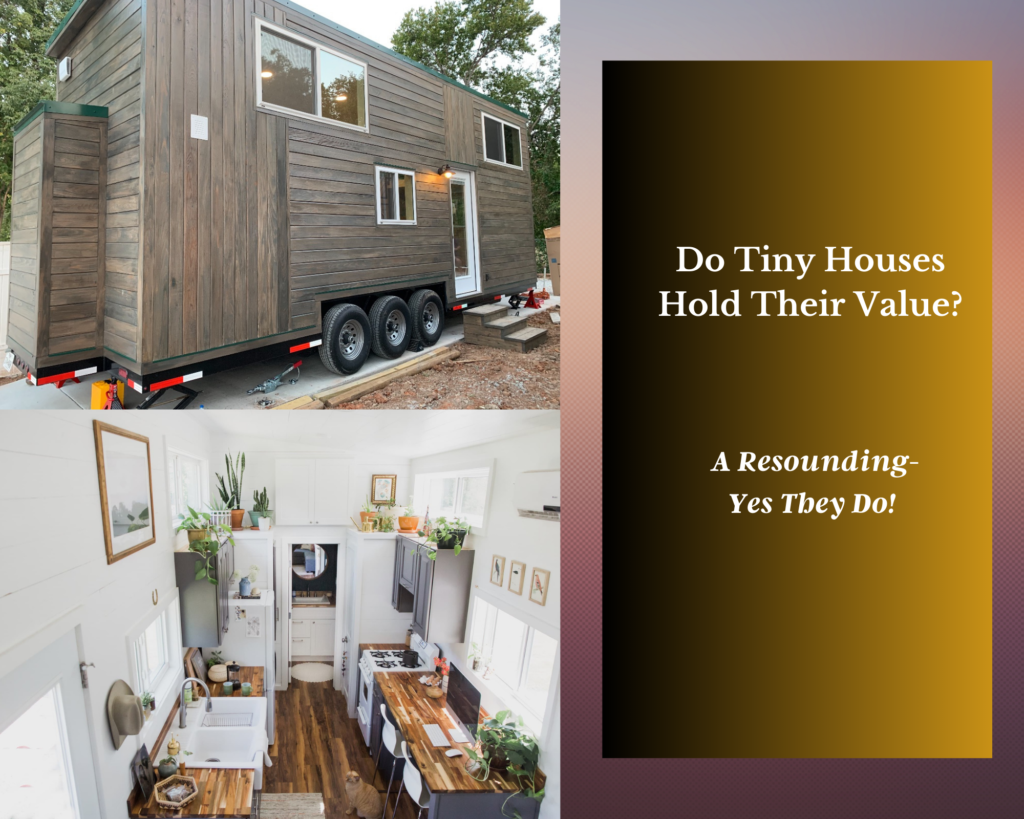A Resounding-Yes They Do!
Tiny Houses are a smart investment choice due to their ability to retain their value over time, unlike RVs or mobile homes. One of the key factors contributing to this is the fact that certified Tiny Houses, whether they are on wheels or on foundations, are meticulously designed and constructed with a focus on superior quality and durability. These unique features ensure that Tiny Houses remain in high demand in the real estate market, making them a worthwhile and long-lasting investment option.
So, if you’re considering purchasing a Tiny House, rest assured that you’re making a wise decision that will not only provide you with a cozy and comfortable living space but also hold its value for years to come.
The Fascinating World Of Tiny Houses On Wheels
First, let’s delve into the fascinating world of Tiny Houses On Wheels (THOW), which currently dominates a staggering 87% of the market in the Tiny House industry. These innovative dwellings have proven to be resilient when it comes to retaining their value over time, regardless of whether they are five, ten, or even more years old, as long as they are well-maintained and kept in good condition.
While some THOWs are even selling for more than their original purchase price, it’s important to understand that this is not the norm. However, what makes THOWs particularly enticing is the stark contrast in pricing between older models and those built in recent years. For instance, a THOW constructed in the year 2000 was considerably more affordable compared to its counterparts in 2022. This price disparity makes THOWs built a few years ago or more incredibly attractive, as they offer the opportunity to acquire a charming and mobile abode at a relatively lower cost compared to the current market rates.
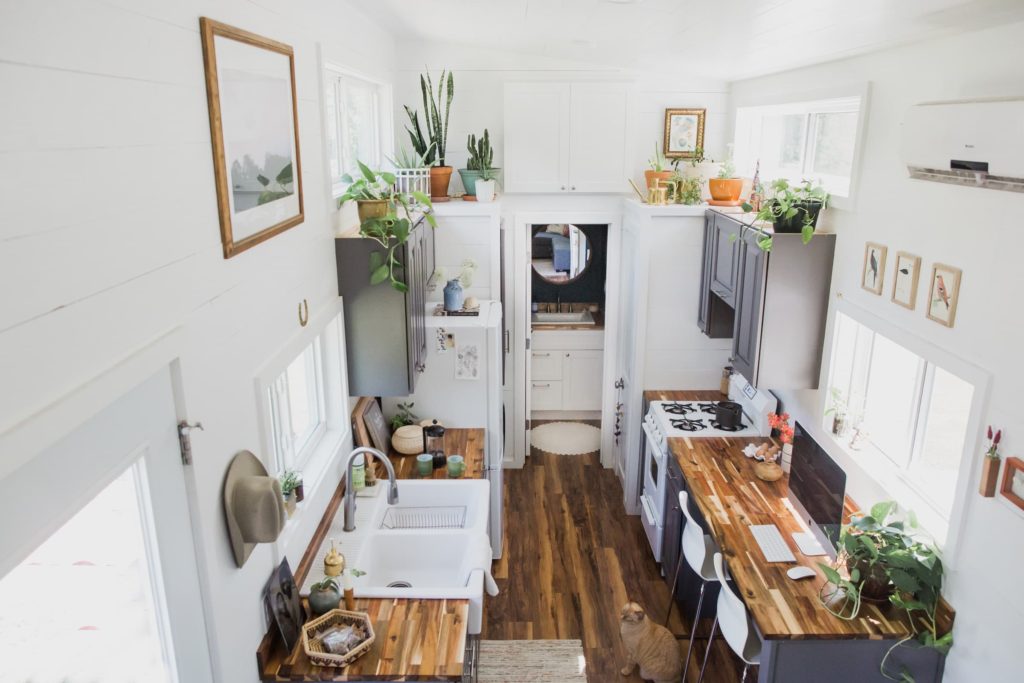
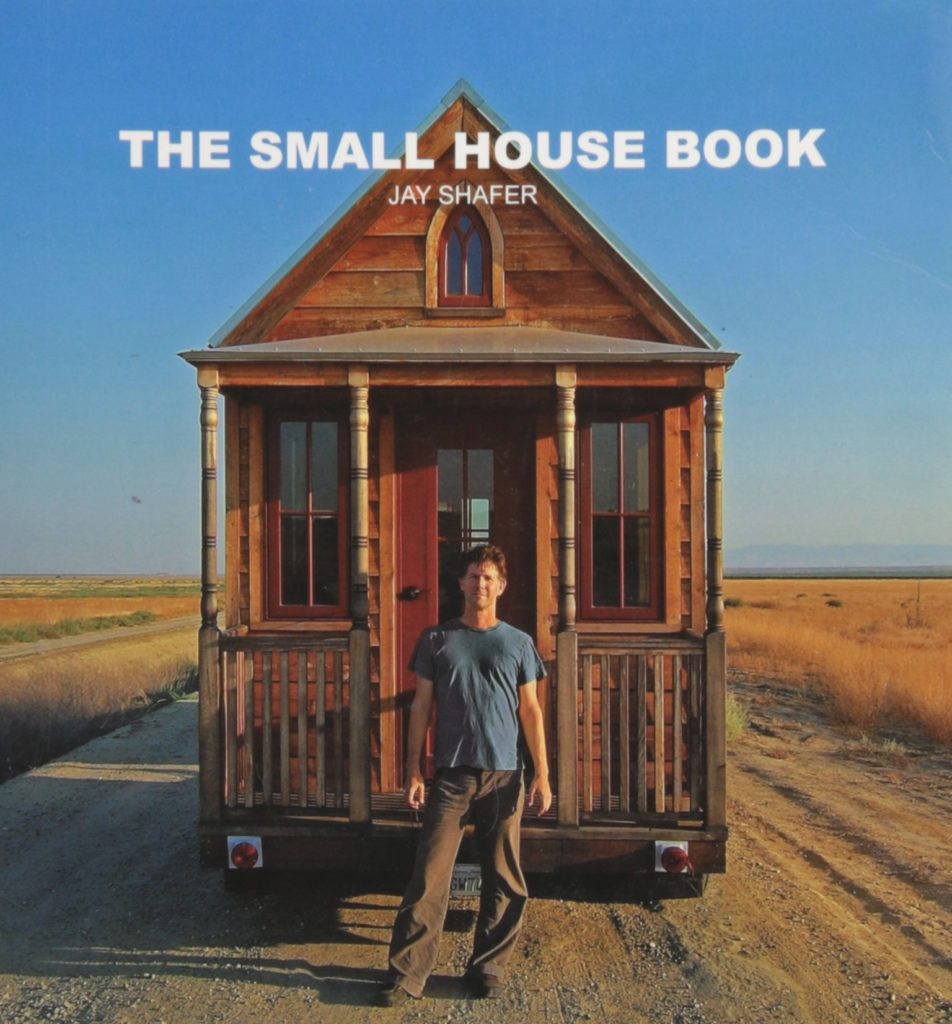
Jay Shafer Is Known As The Godfather Of The Tiny House Industry Who Pioneered What Is Known As Tiny Tiny House Movement.
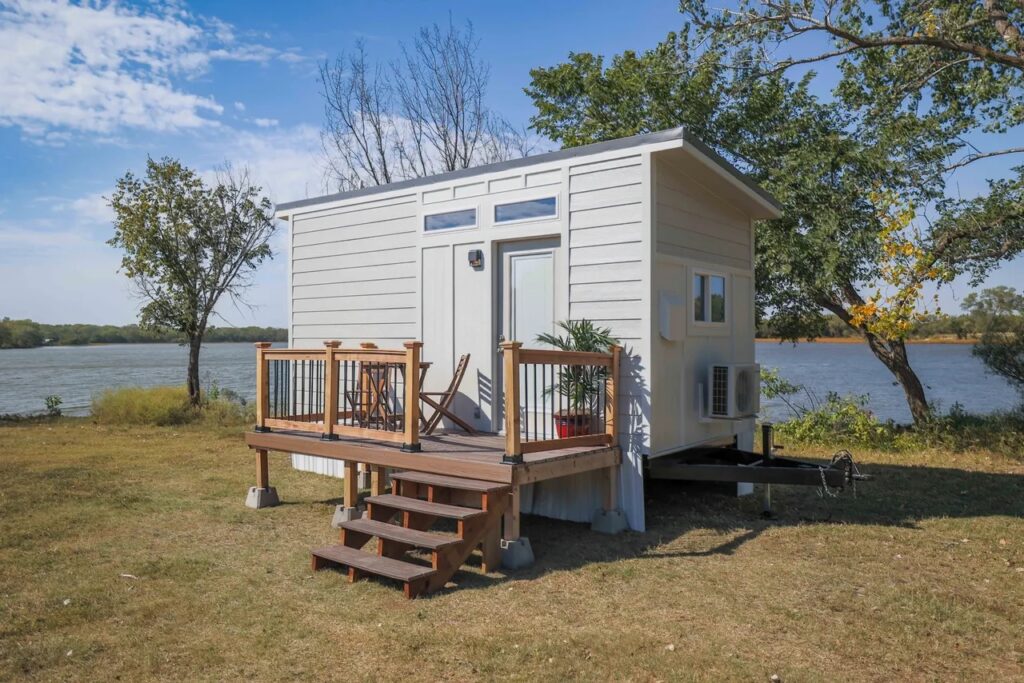
Even though Tiny Houses have been around for the last 24 years, thanks to the accomplishments of Jay Shafer who pioneered what is known today as the Tiny House Movement, it is important to note that the industry is still in its infancy compared to other segments of housing.
As a result, it may not be equipped with all the benefits and advantages that come with traditional residential housing. Unlike realtors and the services they offer in the acquisition of conventional homes, not everyone selling their Tiny Homes possesses the same level of expertise in sales and marketing. This can create a challenge when it comes to getting the best price for these unique properties. In some cases, sellers may have to settle for a lower offer in order to facilitate a quick sale. However, as the Tiny House Movement continues to gain momentum and popularity, it is likely that the industry will evolve and become better equipped to handle the challenges associated with selling these unconventional dwellings.
Selling a Tiny House on land can be a game changer for anyone looking to maximize their profits.
Whether you’re selling a Tiny House On Wheels or a Tiny House On Foundation, the possibilities are endless when it comes to the potential value of your property. By combining the convenience and mobility of a Tiny House with the stability and permanence of land ownership, you open up a whole new world of opportunities for potential buyers. Imagine the freedom and flexibility that comes with owning a Tiny House on a lot or acreage – the ability to create your own little oasis, surrounded by nature and away from the hustle and bustle of city life.
Not only does this offer a unique and alternative way of living, but it also allows you to tap into a market that is constantly growing in popularity. With the rising interest in minimalistic and sustainable living, more and more people are seeking out Tiny Houses as a viable housing option. And by offering a Tiny House on land, you’re providing them with the best of both worlds – the freedom to live small and the stability of owning their own piece of property.
So whether you’re a homeowner looking to sell your existing Tiny House or a developer looking to create a Tiny House community, selling a Tiny House on land is an excellent opportunity to capitalize on the growing demand for alternative housing options. The concept of living in a Tiny House has gained significant traction in recent years, as people are increasingly drawn to the idea of a simpler, more sustainable lifestyle. By selling a Tiny House on land, you’re not only offering potential buyers a unique living experience but also presenting them with a chance to embrace a whole new way of life.
One of the key advantages of selling a Tiny House on land is the freedom and flexibility it provides. Unlike traditional houses, Tiny Houses are compact and mobile, allowing homeowners to easily transport their homes to different locations. This means that buyers can enjoy the benefits of living in a Tiny House while also having the option to settle down on a piece of land that they can call their own.
Whether it’s a spacious lot in the countryside or a cozy spot by the beach, the possibilities are endless.
Living in a Tiny House on land also offers a sense of tranquility and escape from the fast-paced nature of city living. Imagine waking up to the sounds of birds chirping and being surrounded by the beauty of nature.
With a Tiny House on land, you have the opportunity to create your own little oasis, away from the noise and chaos of urban life.
Industry Data Based On Combined Tiny House Industry Ownership
And Resale Values Sourced By Andrew Pleban
